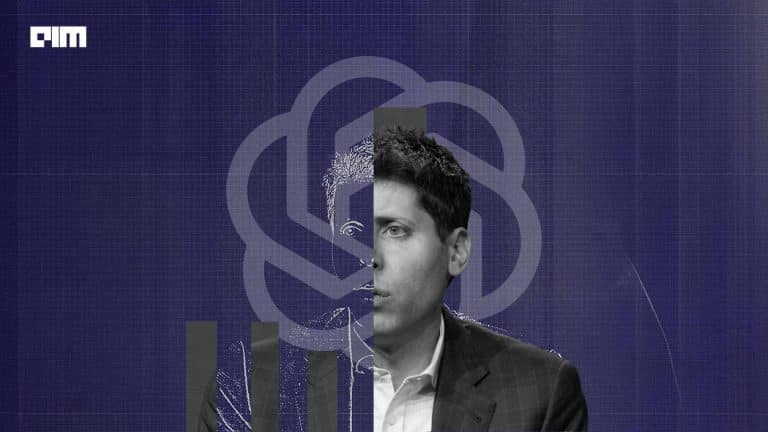In a recent interview, Illia Polosukhin, co-founder of Near, said AI is not a human but just a system.
He explained, “I think the important part to understand about AI is that it’s not a human, it’s a system. And the system has a goal. Unless somebody explicitly programs it to harm humans, it won’t magically do that. In the blockchain world, you realise that everything is driven by economics one way or another. There’s no economic incentive to kill humans.”
Polosukhin highlighted that right now, they’re building systems to improve individuals and expand the capabilities of minds. They will have autonomous agents with specific missions and goals, and they will perform tasks in the physical world.
However, their actions will be governed by the same laws as ours. Using AI to develop biological weapons is no different from doing so without AI. Ideally, AI should help us better detect and prevent such misuse.
Google Transformer
As one of Google’s ‘Transformer 8,’ Polosukhin played a pivotal role in revolutionising deep learning.
In the interview, he also discussed the inception of the Transformer paper and the importance of democratising AI. Polosukhin also reflected on his journey from Google to founding his own AI company.
Now, Polosukhin is considered one of the founding fathers of modern AI.
Polosukhin co-wrote the now famous 2017 paper, “Attention Is All You Need” along with seven Google colleagues, who have collectively become known as the “Transformer 8”.
Google integrated transformers into Google Translate in 2018, resulting in improvements. However, the technology didn’t see widespread use until OpenAI introduced ChatGPT in November 2022.
“OpenAI had very little to lose by opening this up,” Polosukhin told CNBC.
“If, for example, any other company, especially a public company, opened it up and the first question you ask there, it was like an inappropriate answer, that would be in the news.”
By the time the transformer paper was published in late 2017, Illia Polosukhin had already left Google to co-found Near with Alexander Skidanov. Since then, all eight authors have left Google, with Polosukhin being the first to depart.


































